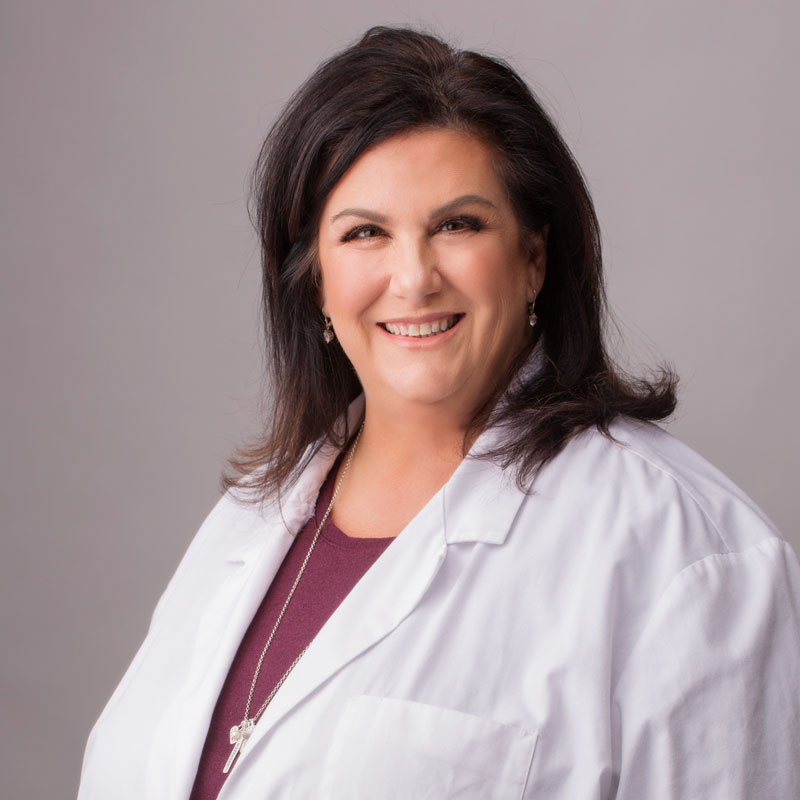Guide to proactive sexual health
How to reduce your risk of sexually transmitted infections (STIs) through testing
STIs are common
Any sexually active person can become infected with a sexually transmitted infection (STI). Although such a diagnosis may foster feelings of shame or embarrassment, it’s important to know so you can protect yourself and others. Get tested regularly.
Don’t wait until something feels wrong “down there.” Chances are high (77-95%)1 that you won’t have any symptoms until a chlamydia, gonorrhea or trichomonas infection becomes serious. Sometimes, symptoms are so mild that you might dismiss it as a common yeast infection.
Today, one in five people (that’s 20%!) in the United States have an STI.
The most recent STI Surveillance Report from the Centers for Disease Control and Prevention
(CDC) found that cases of STIs in the United States have reached an all-time high for the
sixth consecutive year.2
The best way to take care of your health and the health of your partner(s) is to practice safe sex using condoms and to get tested regularly to make sure you don’t have an STI or to get immediate treatment if you do.
If you don’t get tested, you won’t know
Left untreated, STIs can have serious long-term consequences and can harm your reproductive
system and overall health. Pelvic Inflammatory Disease (PID)4 is a serious infection of the
female reproductive system which includes the womb, fallopian tubes, and ovaries. Although there are no obvious symptoms,5 PID increases your risk of:
- Internal abscesses
- Chronic pelvic pain
- Tubal or ectopic pregnancy (i.e., when a pregnancy occurs outside of the uterus, which can be fatal for the woman)
- Miscarriage or loss of early pregnancy
- Inflammation of the uterine lining following childbirth
- Infertility
Treatment is important
Treatment is important for you, as well as your partner. If your test is positive, your healthcare
provider can give you medication for your sexual partner(s) so you’re both treated immediately
through the Expedited Partner Therapy program.6
Curable, but not harmless
The good news is that most STIs are easily cured—if you take the right, highly specific, antibiotic for your particular type of infection.
Chlamydia7 is the most common STI caused by a bacteria. Treating chlamydia quickly is critical. It will not repair any damage already done, though.8
Gonorrhea9 is also caused by a bacteria. Up to 20% of women infected with gonorrhea
develop PID.10 If you’re pregnant but go untreated, your baby can be infected during childbirth.11
Trichomonas12 (or “trich”) is a very common STI caused by a parasite, and 70% of infected persons don’t develop any symptoms. Untreated infections can last from months to years.13 Other effects include increasing the risk of contracting HIV by two to three times and giving birth to infants who are small for their gestational age.
Who should get tested and how often?
If you are sexually active, you should get tested for some STIs (like gonorrhea and chlamydia) at least once a year.3
Definitely get tested if you have any of the following typical symptoms of an STI:
- Increased or abnormal vaginal discharge bleeding
- Lower abdominal pain
- Blisters
- Painful or increased frequency of urination
- Painful intercourse or bleeding afterwards
Also consider additional testing if:
- a partner has been diagnosed or treated for an STI
- engaging with a new or multiple sexual partners
- having unprotected sex
- sharing intravenous (IV) needles, or
- engaging in other activities that could be considered risky
Don’t assume you will be tested. Talk with your healthcare provider to see what the CDC
recommends for you.
What are my options for testing, and how long does it take?
Getting tested for STIs is easy. New advances in testing are now available – so you can swab
yourself in the privacy of your healthcare provider’s office and get results in less than
30 minutes.
Knowledge is power – protect yourself and others
Ask your healthcare provider for the Visby Medical Sexual Health Click Test so you get tested and treated within just one visit.
This device has received 510(k) clearance by the FDA and granted a CLIA waiver.
For a complete list of references and footnotes, please visit: qrco.de/bdF1t2
Meet our Doctors & Nurse Practitioners

Dina M. Canavero,
MD, MPH, FACOG
Andrew Chang,
MD, FACOG
Andrea Garland,
MD, MPH, FACOG
Jacqueline Ho,
MD, FACOG
Rita Ciarrocco Kloos,
FNP-C, WHNP-BC
Richard J. Leach,
MD, FACOG
Allison Della Maggiora,
RN, MSN, FNP-C
Analisa Marki,
MD, FACOG
Maria Rivera,
MSN, FNP
David H. Scates,
MD, FACOG